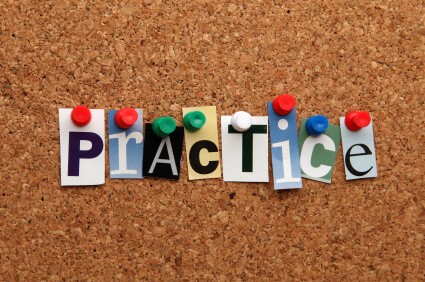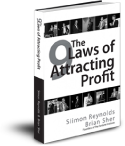
People who succeed in business all share several characteristics: they work hard, aim high, study their industry and emulate those who are further up the ladder.
But there’s one thing most people don’t do, which could rocket them to success.
Most executives do not actually do enough practice.
Because they are inordinately busy, most people assume that doing a task is the same as practicing a task. And yet there’s a world of difference.
When we practice our crucial skills, we pay much more attention to what we’re doing wrong. We examine our skills, refine them and subsequently get better at them.
Look at anyone who achieves mastery in their field, and you’ll see a focus on practice, not just performance.
For example, the most successful tennis school of the last 30 years is the Spartak Tennis Club, in Moscow. At this school tens of hours a week are spent not paying tennis, but practicing shots in slow motion.
Greek shipping tycoon, Aristotle Onassis, didn’t just attend meetings and hope they went well. The night before an important appointment he would rehearse endlessly, predicting what each participant might say, and coming up with the perfect answers to each of them.
Current chess world champion, 22 year old Magnus Carlsen, doesn’t just play games of chess all day; he practices specific openings, counters and scenarios that hone his game.
At leading New York share trading firm, SMB Capital, traders use software programs to practice typical trading situations hundreds of times, so that they are more likely make the right decision during the real trading day.
Legendary piano maestro, Itzhak Perlman, was famous for his commitment to practice. As he put it, “Because the discipline of practice was instilled in me at just the right time, it has become an elemental part of my craft.
Nowadays, practicing is second nature to me, a matter of habit, really. In the end, practicing is really just about commitment — to your craft and ultimately to yourself. If you want to be truly good at what interests you, whether it is music or math or even your backhand, for that matter, you have to be willing to put in the time to be the best you can be.”
And here’s the question from the best business coaching program in Sydney, What could you practice?
Your presentations. Your phone manner. Staying calm under pressure. Handling staff. Industry specific techniques.
Once you start focusing on the concept of practice, a myriad of opportunities to refine your skills will quickly come to mind.
In the end, whether in business, sports, music or life, it’s practice (not talent) that takes people to the top.














